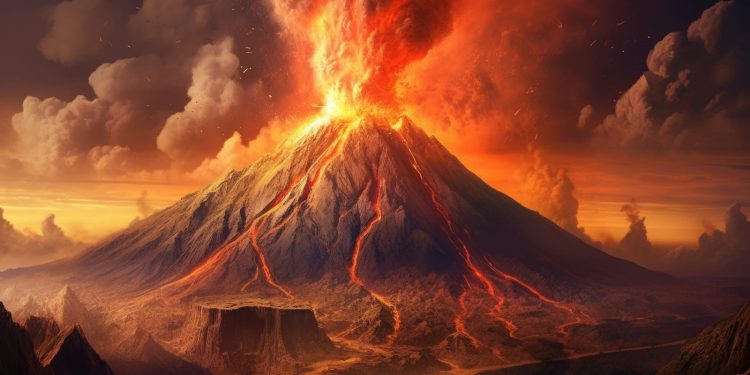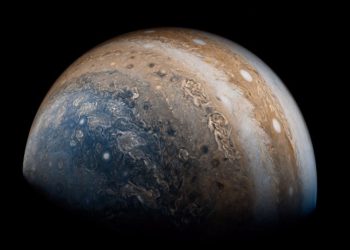While the universe is filled with extreme environments, from blazing stars to volcanic eruptions on alien worlds, fire—true combustion fueled by oxygen—seems to be a phenomenon limited to Earth. This is because fire requires a specific combination of oxygen, fuel, and heat, which has yet to be confirmed elsewhere.
Even on planets like Venus, where intense volcanic activity occurs, or Jupiter’s moon Io, with its eruptions of molten lava, conditions for fire remain absent. What makes Earth so special, then? The answer lies in its unique atmospheric history and the role of life in shaping the planet’s environment.
The Long Wait for Fire to Appear
For billions of years, Earth itself lacked fire. Early life thrived on a planet dominated by volcanic eruptions and methane-filled air but without the oxygen necessary for combustion. This changed dramatically around 2.4 billion years ago during the Great Oxidation Event.
This pivotal moment in Earth’s history was driven by cyanobacteria, microscopic organisms that began releasing oxygen through photosynthesis. Over time, this oxygen transformed the planet’s atmosphere, replacing methane and eventually creating conditions where fire could exist. However, it would take millions of years for oxygen levels to stabilize at the right concentration to support combustion.
The Birth of Fire on Earth
The first fossil evidence of fire dates back to approximately 420 million years ago, long after oxygen had become a significant component of Earth’s atmosphere. Early land plants, like mosses and liverworts, contributed to this transformation by increasing oxygen levels and providing the fuel necessary for fire.
Interestingly, fire requires a delicate oxygen balance. If atmospheric oxygen falls below 13%, combustion becomes impossible. On the other hand, if it exceeds 35%, fires can rage uncontrollably, making it difficult for ecosystems like forests to thrive. During the Devonian period, around 383 million years ago, oxygen levels stabilized within this range, leading to the first widespread wildfires.
Fire has been both a blessing and a challenge for life on Earth. While it can destroy habitats and pose a threat to survival, it also plays a vital role in shaping ecosystems. Wildfires clear landscapes, enrich soil with nutrients, and create opportunities for new growth. This duality highlights the complex relationship between fire and life, one that has profoundly influenced Earth’s natural history.











